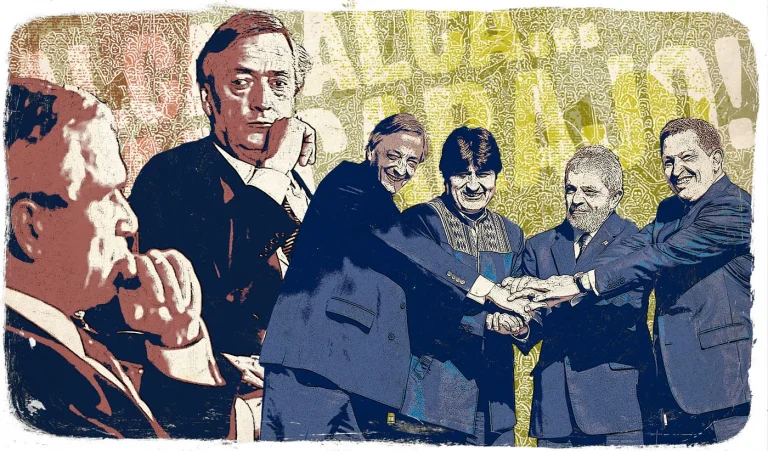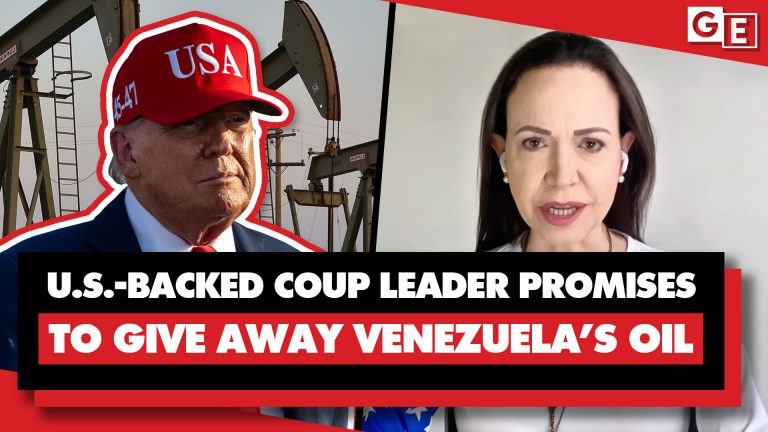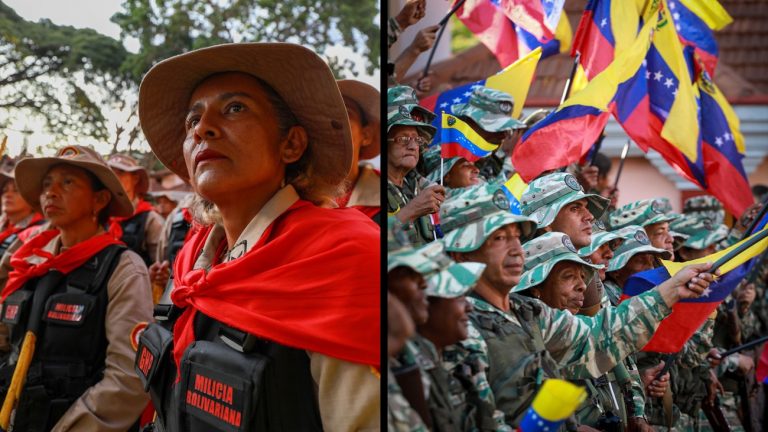No To FTAA: The Resistance That Lives
On November 5, 2005, the history of Our America took an unexpected and perhaps irreversible leap forward in emancipation.
On that spring day in Mar del Plata, Argentina, five South American presidents joined together to say “No to the FTAA,” and, in that gesture, they thwarted the old and cherished project of the United States that aimed to definitively take over our region, now in a legal manner.
The epic story of our South American leaders is no small feat. After the collapse of the Soviet Union in 1991, the United States, with no challenges in sight, saw itself as the arbiter of global truths and decisions.















